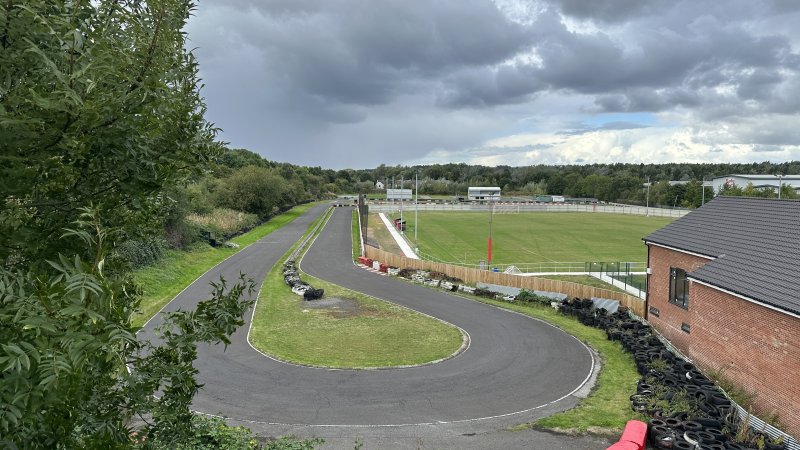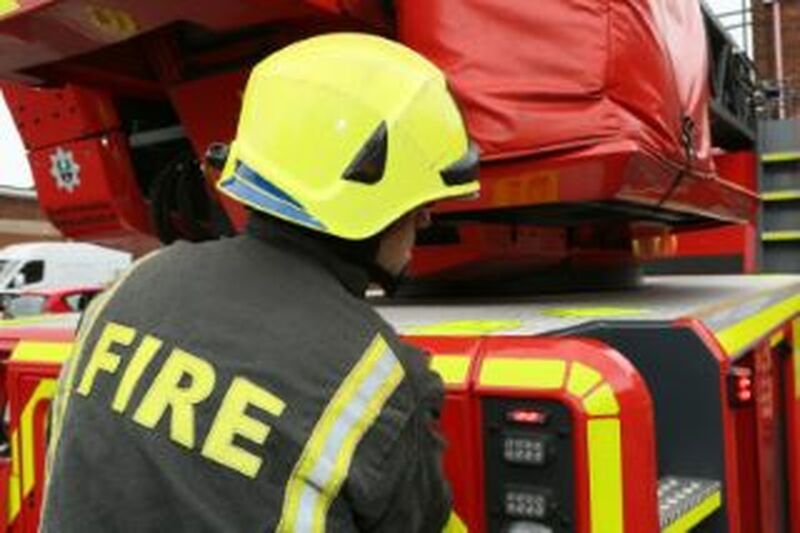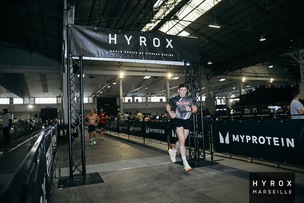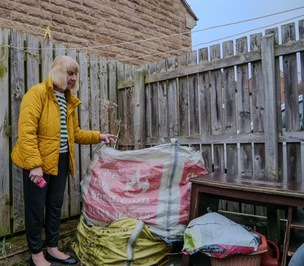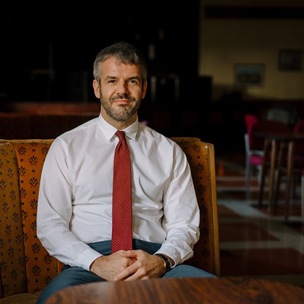COUNCILLORS are set to discuss South Yorkshire Fire and Rescue’s risk management plan on Monday - and it includes taking away a vehicle from one Barnsley station and giving it to another.
The service’s community risk management plan for 2025-2028 sets out the service’s objectives over the next three years.
Bosses say they want to remove inefficiency, boost performance and embed an inclusive workplace culture as it strives to become one of the country’s leading fire and rescue services.
The only change to how it responds to 999 calls would see a vehicle which is used to respond to small incidents like grass and bin fires move from Cudworth to Dearne fire station.
The fire service says this would be a better location for the vehicle based on incident data analysed as part of a full review of all its fire stations and fire engines.
The report states: “The data shows that we should move the small incident unit from Cudworth fire station to Dearne fire station.
“This is the best location for the unit based on the fire cover review.
“This is because the vehicle is able to reach a larger number of incidents from there than its current location.
“We also plan to extend the remit of the small incident unit to include calls where we help the ambulance service to gain entry to properties, thereby keeping the existing fire engines at Dearne available for fire service 999 calls.
“The small incident unit will be crewed by existing on-call firefighters at Dearne - providing the option to mobilise either the small incident unit or a full sized fire engine, depending on the nature of the incident. “This proposal will result in some efficiency savings, which will be re-invested to improve on-call fire engine response in other parts of South Yorkshire.
“On-call firefighters at Cudworth have previously been able to provide night-time cover at Barnsley fire station by staffing the spare night-time fire engine, when the first fire engine is responding to a 999 call.
“In reality, this has been used very rarely as other resources have been able to provide this cover.
“Therefore this option will be discontinued.”
The report shows that at Barnsley’s five stations - including Dearne which is based in Wath - there are eight fire vehicles.
There are four full-time pump vehicles, one small incident unit, one day pump unit and two on-call pump units.
Bosses say they will not change the number of vehicles available to firefighters as they aim to improve their response times.
The report added: “We can’t afford to have fire engines and fire stations everywhere, so we instead aim to put them in the places where they are needed the most based on the risks we are likely to face.
“The majority of our fire stations are permanently staffed so firefighters are able to respond immediately to an emergency.
“Other fire stations, in areas where we experience fewer emergencies, are staffed using on-call firefighters who will respond from home or work to their local fire station if there is an emergency.
“We obviously aim to get to emergencies as fast as we can, every time.
“However, having a set of response times means we can measure our performance to ensure we are delivering the best possible service to our communities with the resources we have available to us.
“Our response times refer to the time it takes for the first fire engine to attend an incident, following a 999 call. Other fire engines may follow, depending on the type of incident.
“Our target is to achieve our response time standards on 80 per cent of occasions.
“During 2023/24 we achieved our standards on 87 per cent of occasions.
“Our average response time was seven minutes and 40 seconds to emergency incidents.”
The report will be discussed by councillors at Barnsley Town Hall on Monday and, if approved, the service will then consult with the public and its own staff on the proposals.





